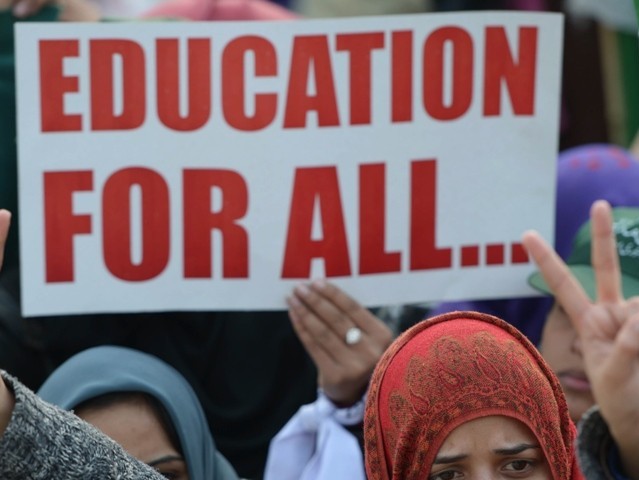Council of the European Union emphasises importance of high-quality education
Published:
The Council of the European Union has highlighted the importance of inclusive high-quality education for the future of the European Union. This was stated in the Council’s Conclusions on Inclusion in Diversity to achieve a High Quality Education For All, adopted on 17 February.
Support needed
The Council has affirmed that “education and training cannot be seen in isolation from social, political, historical, environmental and economic aspects”. It also underlines the need for more support to education personnel to allow them to successfully work in training systems that respond to the needs of learners.
The Council calls on EU member states to offer support to education personnel during initial teacher training and continuous professional development. Furthermore, building “a more diverse teacher force” is encouraged and it emphasises the need to integrate third-country nationals into education.
ETUCE: Conclusions welcome
ETUCE welcomes the Council’s conclusions given teacher trade unions’ long-lasting demand that high-quality education for all is a key factor for inclusion. This was reflected in the Unite for Quality Education Campaign, carried out by Education International (EI) and ETUCE in 2013-2014, that emphasised the importance of quality education.
Omissions
In addition, ETUCE has set out 10 key messages on necessary changes in European education, i.e. universal and free access to qualified teachers as well as quality teacher training. These messages also address the importance of social dialogue for successful economic and social reform. Unfortunately, social dialogue with education trade unions is not mentioned in the Council’s Conclusions, and this is a regrettable omission.
ETUCE Resolutions
However, the importance of education trade unions for the advancement of quality education was reaffirmed by ETUCE in its resolution, adopted at the ETUCE Conference in Belgrade last December.
The conference also addressed the shortage of well-qualified education personnel, partly due to funding cuts, and adopted ETUCE’s resolution on promoting education as the key to integration and inclusion. Again, however, the Council’s Conclusions do not address the need for higher investment in funding.